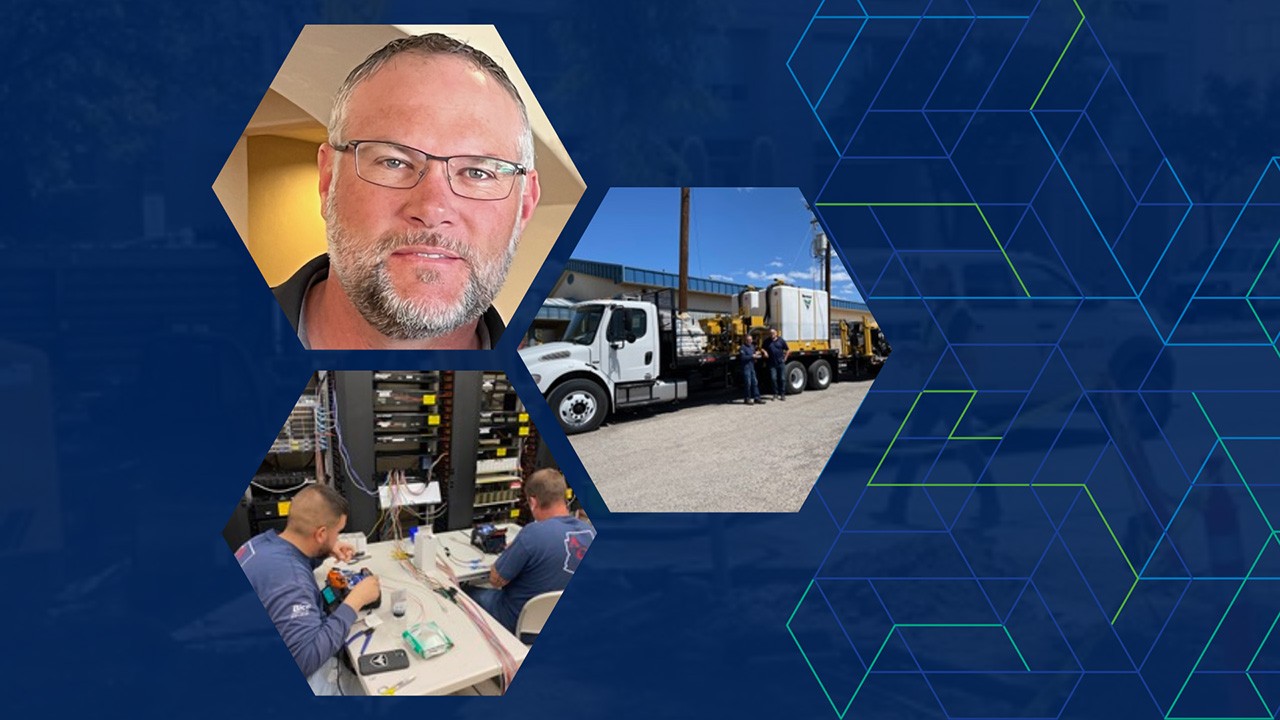In broadband deployment, products matter – but partnerships matter more. For Matt McKinnon, Executive Vice President of Arizona Communication Experts, the difference between a good project and a great one often comes down to vendor behavior: how early they engage, how they support, and how loyal they remain.
With over 25 years of experience in outside plant (OSP) and enterprise deployments across Arizona, Matt knows what installers need to succeed. Here’s what makes a vendor stand out from the rest – and what it takes to build a trusted, long-term relationship.
1. Get In Early
By the time a spec is written, product choices are often locked in. For OSP projects, that means installers have little to no say on what vendors get used – unless those vendors engage *before* design is finalized.
What installers want:
- Vendors who connect with project stakeholders early
- Help influencing specifications during design
- Presence during the planning – not just after the bid is out
“You’ve missed the boat if you’re asking me to lead with your product after the spec is already set.”
— Matt McKinnon
2. Be Loyal to the Partner Who Brought You In
Installers often take vendors into opportunities early – before a bid, without a contract, and at their own risk. What they’re looking for in return is loyalty.
What installers want:
- Commitment from vendors throughout the process
- No side-deals with competitors if things don’t go their way
- Respect for the time and relationships they’ve invested
“We lost a bid, but the vendor told the client, ‘If they’re out, we’re out.’ That’s a lifelong partner.”
3. Support the Pre-Construction Grind
Before a single cable is pulled, there’s hours of behind-the-scenes work – site visits, routing reviews, meetings with municipalities. It’s unpaid, but essential.
What installers want:
- Vendors who show up early and contribute
- Help navigating complex routes, permits, and job conditions
- Willingness to put in time, not just push product
“It’s a ton of work. Good vendors stay committed through all of that—before the project is even greenlit.”
4. Understand Field Conditions
Installers don’t work in a vacuum – they deal with rock-heavy soil, railroad crossings, tribal land, and rural routes that don’t show up on paper. What works in theory often fails without local context.
What installers want:
- Vendors who ask about the field – not just specs
- Flexibility based on geography and real-world deployment
- Appreciation for the installer’s regional expertise
“We know the area. We know what will and won’t work. Vendors who listen save everyone time and money.”
5. Help Create Specs When There Aren’t Any
In many school or municipal projects, a lack of detailed Division 27 specs creates a gap. Installers appreciate vendors who step in and help shape the framework.
What installers want:
- Help writing or customizing specs for projects with no clear standards
- Introductions to end users to get aligned early
- Product recommendations that match budget and performance goals
“They’ll remember that you helped them write the spec. That kind of support gets you specified again and again.”
Final Thought: Partnership Builds Repeat Business
For installers like Matt McKinnon, the ideal vendor is more than a supplier – they’re a collaborator who adds value from the start. When vendors show up early, stay loyal, support the process, and respect field realities, they earn trust that lasts for years.
At Panduit Broadband, we know that great partnerships build great networks – and that it all starts by listening to the people in the field.
Want to become an installer’s preferred partner? Start by acting like one from day one.



